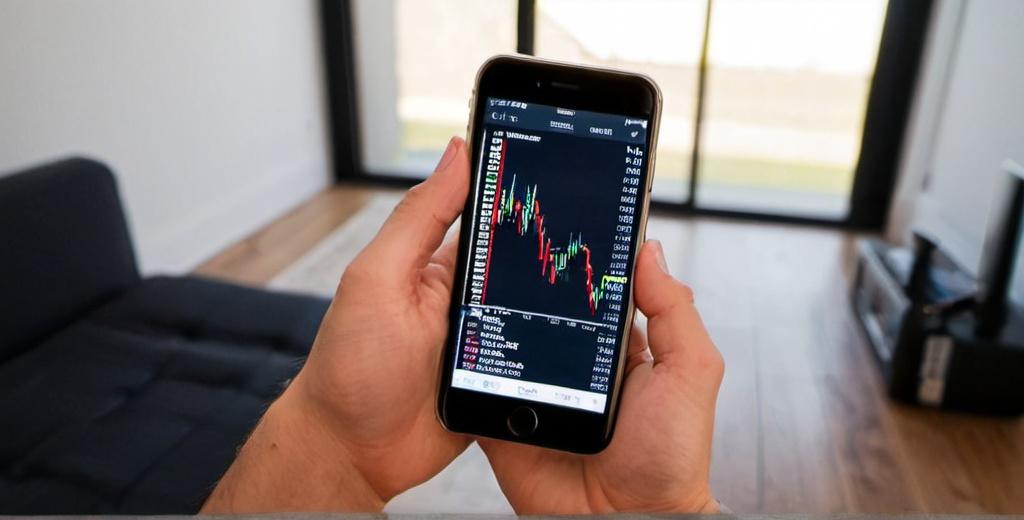Contents
Binary options brokers continue to operate in Russia, but entirely from offshore. There are currently no licensed or regulated binary options providers based within the Russian Federation. Platforms that serve Russian clients do so without approval from the Central Bank of Russia (CBR), using websites, mobile apps, and social media networks hosted outside the country’s legal framework.
Despite warnings from regulators, access remains available through international brokers that provide Russian-language support, crypto funding options, and simplified mobile trading environments. Traders use these services at their own risk, with no legal protections under Russian financial law.

Legal Context and Regulator Position
The CBR has never recognised binary options as a legitimate financial product for public investment. It has warned consumers repeatedly about high-risk platforms operating without licenses, placing binary options in the same category as forex scams, crypto fraud, and financial pyramids. As of now, no binary options brokers are permitted to operate from within Russia or market to Russian residents under CBR supervision.
However, enforcement is weak, and traders continue to access brokers through unregulated channels. This creates a space where trading is not technically illegal for the user, but the platforms themselves are not accountable to Russian law.
English-speaking users seeking a detailed review of current broker offerings can find a structured list of binary options brokers in Russia, covering access, contract types, funding methods, and user considerations.
Broker Operations and Account Access
Brokers operating in Russia are almost exclusively registered in offshore jurisdictions—most commonly in the Caribbean, Pacific Islands, or Eastern Europe. These platforms are not bound by Russian law and are often licensed (if at all) under low-tier financial authorities with little enforcement capability.
Access to these brokers is unrestricted. Traders from Russia can open accounts using only an email and a scanned ID. Many platforms do not block Russian IP addresses, and VPNs are rarely required unless specific payment methods are restricted.
Trading interfaces are commonly translated into Russian, and apps are optimized for Android. Short-duration trades (from 30 seconds to 5 minutes) dominate the activity, with traders focused on pairs like USD/RUB, EUR/USD, and synthetic indices.
For Russian-language users looking for a local perspective, platform reviews and comparisons are available at брокеры бинарных опционов в России.
Funding and Withdrawal Options
Due to sanctions, financial restrictions, and international banking pressure, most binary options brokers do not support direct deposits from Russian credit cards or banks. As a result, traders rely heavily on cryptocurrency—primarily Bitcoin and USDT—for deposits and withdrawals.
Some brokers offer indirect funding through third-party processors, e-wallets, or intermediaries using Russian-friendly payment channels, but these methods are unstable and often blocked after brief periods.
Withdrawals are processed through the same crypto channels. While fast in theory, brokers may delay payouts with identity checks, bonus restrictions, or policy-based holds. There are no legal options to contest a denied withdrawal.
Common Platform Risks
The Russian binary options market carries the same problems seen elsewhere—only amplified by the absence of any local oversight:
- No pricing verification: Brokers use internal price feeds and control expiry logic
- Account closures without cause: Profitable traders report being locked out or frozen after consistent wins
- Aggressive marketing tactics: Bonus incentives and “guaranteed signals” are used to drive deposits
- Zero accountability: No broker operating in Russia is under domestic enforcement, making complaints ineffective
These issues are especially common with smaller brokers that offer overly generous bonuses, unrealistic payout ratios, or no-questions-asked signups.
User Behaviour and Market Trends
Binary trading in Russia skews toward short-term speculation. Most users are retail traders with no institutional backing. Telegram is the primary social channel for sharing trades, signals, and broker referrals. Many affiliate marketers operate in this space, pushing bonus links and misleading payout claims.
Education is informal. Users learn through YouTube, VK, or direct mentoring from Telegram influencers—some legitimate, many unqualified. Structured risk management is rare, and turnover is high. Few users maintain accounts longer than a few months before quitting or switching brokers.
Regulatory Outlook
Russia is unlikely to reverse its position on binary options. The CBR has made it clear that speculative, short-term financial contracts do not serve the interests of retail investors and are considered harmful. With tightening restrictions on foreign financial access and ongoing capital control priorities, legalisation or formal approval of binary brokers is not expected.
Offshore access will continue. Brokers will keep offering translated platforms and crypto-based funding. But traders should understand: using these services means forfeiting all legal protections. Once funds are deposited, recovery depends entirely on broker policy, not consumer rights.
